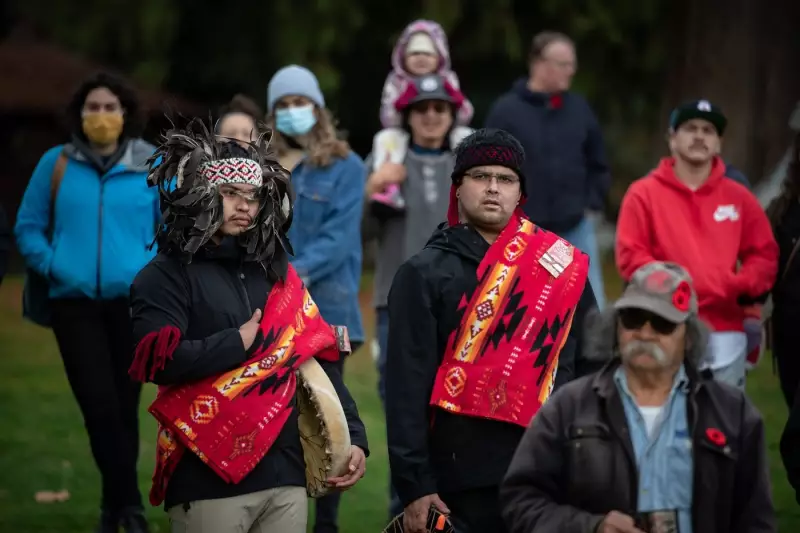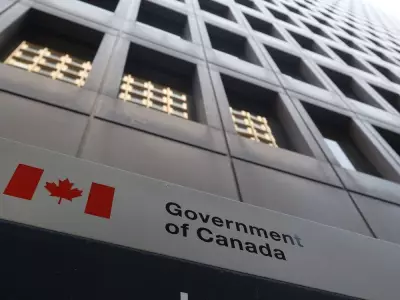
As Canada commemorates Indigenous Veterans Day, the profound stories of Indigenous service members who confronted enemies overseas only to face discrimination at home are coming into sharper focus. These brave individuals fought for a country that often denied them the same rights and recognition afforded to their non-Indigenous comrades.
The Dual Fronts of Service
Indigenous veterans served with distinction in multiple conflicts, demonstrating exceptional courage and commitment to Canada's military efforts. Despite their significant contributions, they returned to a nation that systematically marginalized them, creating what many describe as a second battlefront upon their homecoming.
The ceremony held by the Tsleil-Waututh Nation in North Vancouver, British Columbia, on November 8, 2021, represents one of many gatherings across the country honoring this often-overlooked chapter of Canadian military history. Community members and supporters listened intently as stories of sacrifice and resilience were shared, highlighting the complex relationship between Indigenous peoples and Canadian military service.
Historical Context and Challenges
Throughout the 20th century, thousands of Indigenous people volunteered to serve in Canada's armed forces during times of war and conflict. They brought unique skills to military service, including tracking abilities and wilderness survival expertise that proved invaluable in combat situations.
Yet upon returning home, these veterans encountered systemic barriers that prevented them from accessing the same benefits and support systems as other returning soldiers. Many were denied access to veteran benefits, land settlement opportunities, and even the right to vote in federal elections for years after their service.
Modern Recognition and Reconciliation
The establishment of Indigenous Veterans Day represents a significant step toward acknowledging these historical injustices. Ceremonies like the one hosted by the Tsleil-Waututh Nation help bring national attention to stories that were long overlooked in mainstream Canadian military narratives.
Across the country, communities are working to preserve the memories of Indigenous veterans through educational programs, memorials, and oral history projects. These efforts aim to ensure that future generations understand the full scope of Indigenous contributions to Canada's military history and the challenges these veterans faced upon their return.
The ongoing journey toward reconciliation includes recognizing the complex legacy of Indigenous military service—honoring the bravery and patriotism of these veterans while acknowledging the discrimination they endured from the nation they fought to protect.





